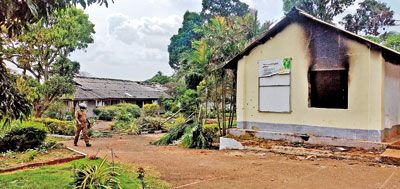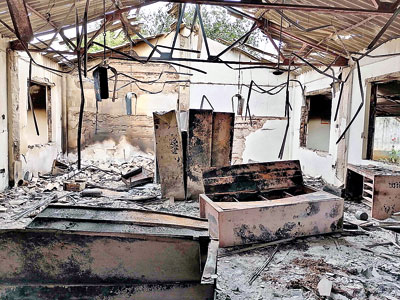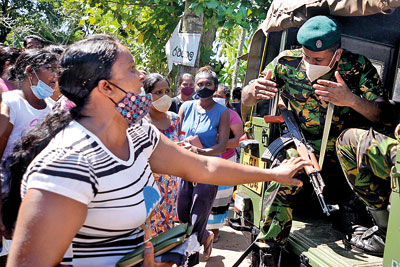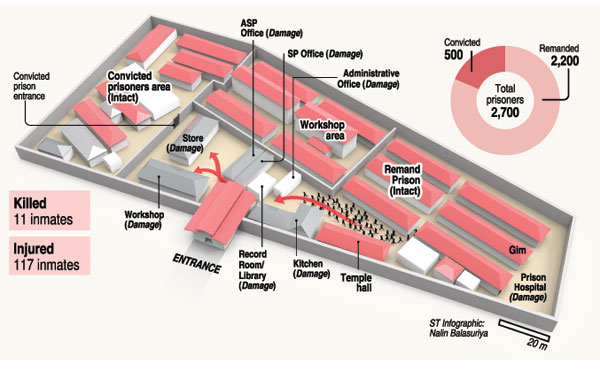News
College of Psychiatrists disputes claims connecting pills with violent behaviour
View(s):
The Sri Lanka College of Psychiatrists has expressed concern about recent claims connecting the violent and aggressive behavior of prisoners and the abuse of the drugs used in psychiatric practice.
“We would like to state that this publicity is most unfortunate and without any rational basis and our aim is to clear any doubts among millions of people who use these drugs with great benefit and the general public,” a statement from the SLCP said.
“The drugs used in psychiatric practice in Sri Lanka are also used all over the world and these drugs are brought under the guidance of regulatory authorities. In Sri Lanka, psychiatrists have been using these drugs during the last seven decades with great benefit to patients. These drugs are prescribed based on well accepted guidelines. None of these drugs are responsible for violent or aggressive behavior and in fact many of these drugs promote calmness,” the statement said.
Meanwhile, a Council member of the SLCP, Dr Jayan Mendis said the Government should take immediate measures to appoint a psychiatrist to each prison to detect any mental distress or violent behavior among inmates, thereby preventing unrest.

Damaged and burnt: Aftermath of the prison riot (above and top)
“Medicinal drugs used in psychiatric practice in Sri Lanka are prescribed based on well accepted guidelines. None of these drugs is responsible for violent or aggressive behavior and in fact many of these drugs promote calmness and in some cases drowsiness. The usages of these drugs do not cause unrest,” he said, referring to claims of about 20,000 pills of psychotropic medicines that were found in the Mahara prison drug store.
Dr. Mendis said Ragama Teaching Hospital psychiatrists had been offering psychiatric support to inmates up until a few months ago.
Meanwhile, the National Dangerous Drugs Control Board is planning to take samples from the medicine stocks for laboratory analysis to check whether they had an impact on narcotics addicts.
“We will do an independent analysis. We come under the Defence Ministry and not the Ministry of Justice. We have no powers to make decisions in this regard,” said NDDCB’s Director General Bhadrani Senanayake, adding that they would assist in rehabilitating those addicted to psychotropic drugs.

A relative of a prisoner pleads with an STF personnel. Pix by Indika Handuwala
According to the NDDCB, tramadol (a strong painkiller) is the commonly used psychotropic medicinal drug among addicts, followed by Pregabalin (used to treat epilepsy, anxiety disorders and neuropathic pain), corex-D (a strictly a prescription only cough syrup), Benzhexol (a prescription drug used in the treatment of Parkinson’s disease or to lessen after-effects of psychiatric drugs), Diazepam (used to treat anxiety disorders, seizures and alcohol withdrawal) and morphine (a strong painkiller) and rohypnol (powerful sedative).
The Human Rights Commission in its interim recommendations on the Mahara prison riot said that around 80 percent of remand prisoners at Mahara were being held on drug-related charges and most of them seemed to be repeat offenders.
The human rights body suggested that suspects who were dependent on mind altering substances must be sent to rehabilitation and not to prisons.


